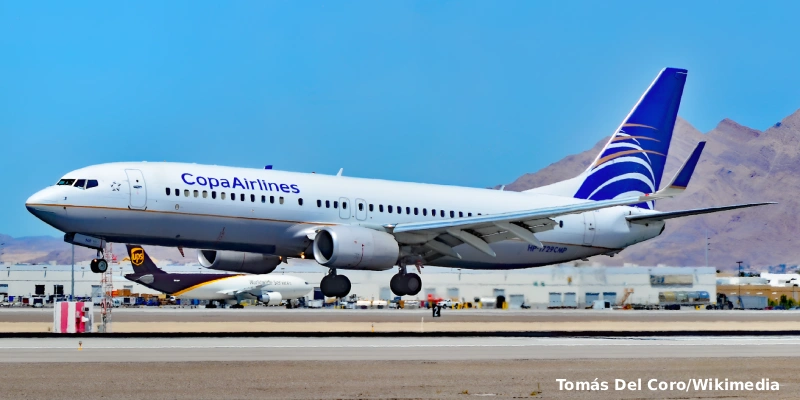Air Canada and the union representing its flight attendants have reached an agreement, ending the first cabin crew strike in 40 years. The work stoppage, which lasted nearly four days, disrupted the travel plans of hundreds of thousands of passengers and forced the airline to cancel the announcement of its third-quarter and full-year profit forecasts.
Immediate Impact on Operations
The company reported that service resumption will be gradual and a full restoration of the schedule could take a week or more. Over the next seven to ten days, some flights will continue to be canceled. Affected customers will have the option to request a refund, a travel credit, or rebooking on another airline.
Labor Demands and Negotiations
The union, which represents 10,400 cabin crew members, had initiated a strike on Saturday after contract negotiations failed. The central demand was for payment for ground-based duties, such as passenger boarding, which until now had been unpaid.
Although the full details of the agreement have not been disclosed, the Canadian Union of Public Employees (CUPE) stated: “The strike is over. We have a tentative agreement to present to you.” The organization emphasized that the unpaid work had been eliminated.
→ SKY Airline and Air Canada Sign Interline Agreement
A Legal and Political Standoff
The protest continued even after the Canada Industrial Relations Board declared it illegal. This resistance created an unusual three-way standoff between the airline, the workers, and the federal government.
Labor Minister Patty Hajdu urged both parties to accept mediation and increased pressure on the company, committing to investigate complaints of unpaid work in the aviation sector.
Company Offer and Public Reaction
The airline’s chief executive defended the proposal for a 38% increase in total compensation for flight attendants, though he did not detail how he planned to resolve the deadlock in talks.
Meanwhile, public opinion was divided between solidarity with the workers and frustration over flight cancellations.
Klaus Hickman, a retiree, missed a flight to Toronto and had to be rebooked with another airline. While he understands the demands for better wages, he expressed concern about his health issues and the need to reach his connecting flight to Germany on time.
James Numfor, a 38-year-old resident of Regina, Saskatchewan, was stranded in Toronto for two nights after returning from Cameroon, where he attended his brother’s funeral. He reported that the company only covered one night in a hotel and then left his family without support, forcing them to sleep at the airport.
Related Topics
LATAM Inaugurates Direct Flight Between Recife and Buenos Aires
LATAM to Cancel Lima-Tucuman Route Starting March 2026: These Are Reasons
Copa Airlines Resumes Flights Between Panama City and Maracaibo Starting December 20
Copa Airlines Extends Suspension of Flights to and from Caracas (Venezuela) Until January

Plataforma Informativa de Aviación Comercial con 13 años de trayectoria.




